The commercial traveller, a personage unknown to antiquity, is one of the striking figures created by the manners and customs of our present epoch. May he not, in some conceivable order of things, be destined to mark for coming philosophers the great transition which welds a period of material enterprise to the period of intellectual strength? Our century will bind the realm of isolated power, abounding as it does in creative genius, to the realm of universal but levelling might; equalizing all products, spreading them broadcast among the masses, and being itself controlled by the principle of unity,—the final expression of all societies. Do we not find the dead level of barbarism succeeding the saturnalia of popular thought and the last struggles of those civilizations which accumulated the treasures of the world in one direction?
From Lost Illusions. Scenes From Provincial Life from The Human Comedy (La Comedie Humaine). By the French author, who, along with Flaubert, is generally regarded as a founding-father of realism in European fiction. His large output of works, collectively entitled The Human Comedy (La Comedie Humaine), consists of 95 finished works (stories, novels and essays) and 48 unfinished works. His stories are an attempt to comprehend and depict the realities of life in contemporary bourgeois France. They are placed in a variety of settings, with characters reappearing in multiple stories.
- CHAPTER I
- CHAPTER II
- CHAPTER III
- CHAPTER IV
- CHAPTER V
- 书评 写书评
- 笔记
-
书评加载中...

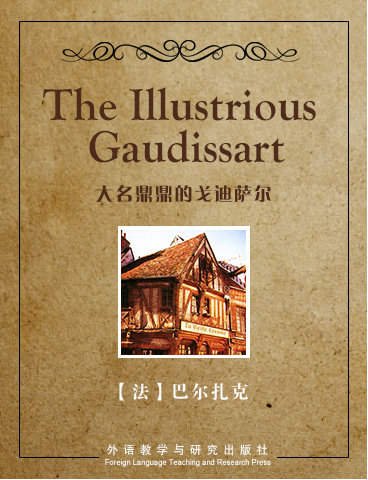


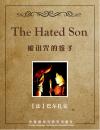
20141029150733785522.jpg)
201410291509258711776.jpg)
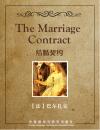
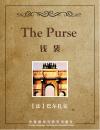

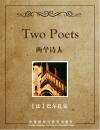
20141029150519282424.jpg)
201410291508528591159.jpg)
 京公网安备 11010802032529号
京公网安备 11010802032529号
笔记加载中...